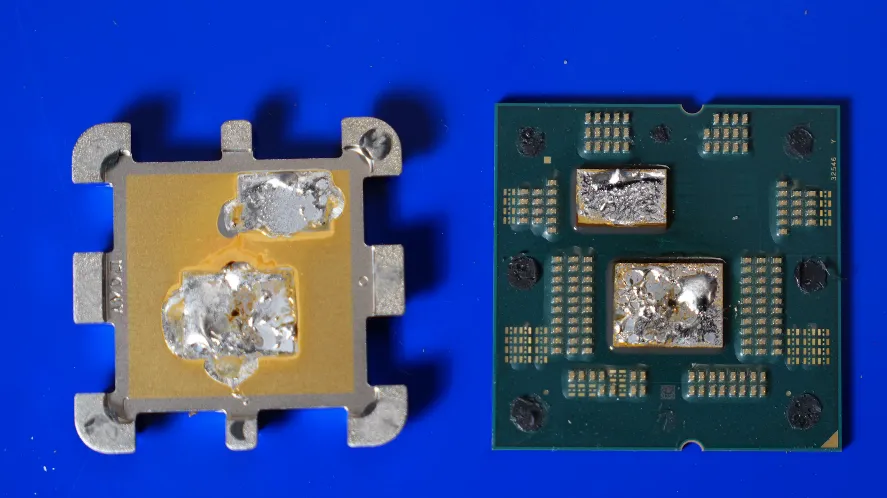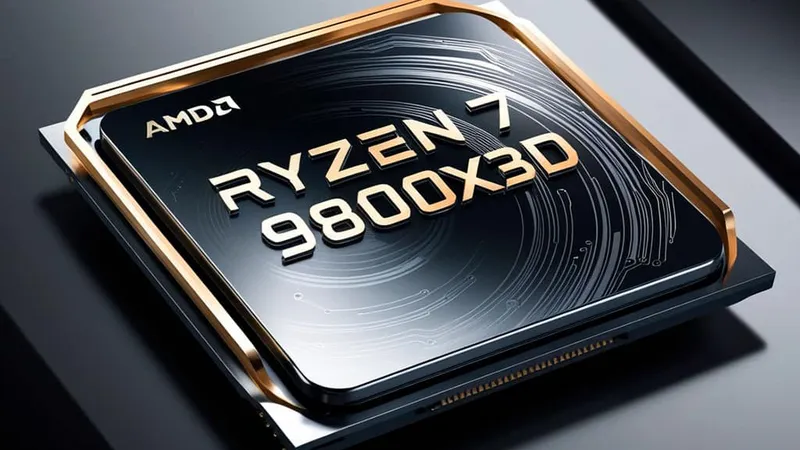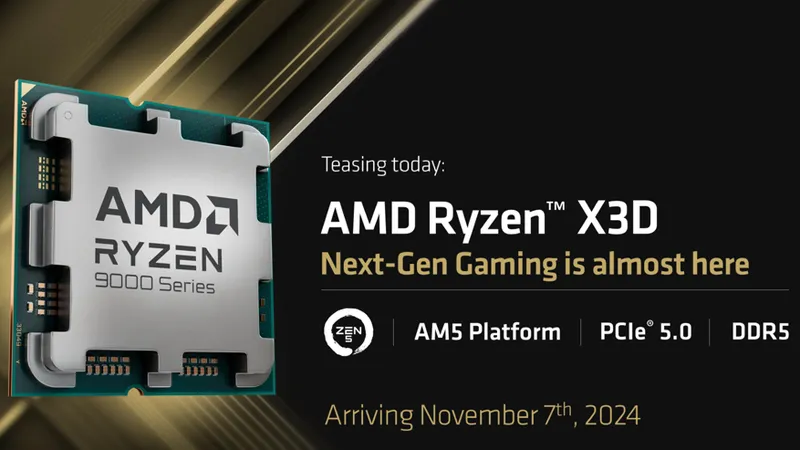Qualcomm - maker of some of the most popular and widely-used Android mobile phone chips, and threatening to move in on the desktop space - might be in a lot of hot water! Qualcomm made their name off licensing and producing ARM-based designs, but ARM is definitely not happy with them and might be revoking Qualcomm's license to ARM processors entirely with a 60-day notice! Once close working partners, according to the original Bloomburg article, it stems from a failure in recent years to renegotiate the contract between them and ARM might be attempting to establish serious consequences for not getting back on board. Qualcomm has everything to lose if they are no longer able to sell any of their existing ARM64, so while it's extremely likely they'll settle the differences somehow, it's a good question if this may have any effect on the push to desktop products.
In news from AMD, they continue revising their handheld-gaming chips to provide generational uplift, which probably means new annual updates of the Asus Ally and similar mobile gaming devices, while the other stalwart that established the space - the Steam Deck - is taking more of a console approach and only updating their product when it makes a significant advancement. Since that device was based on what is now three generations old technology, it would seem likely that Valve will update their handhelf with a refresh given what's been seen in the past couple hardware generations.
On AMD's X3D front, while the first of that series processors is around a week away for the 9000 series, it still has yet to be fully announced but there is confirmation for rumours that the namesake 3D V-Cache will make a departure from the previous two generations. Both previous revisions had a design that had a silicon die with the extra cache stacked on top of existing traditional core processor die. The chips were substantially more sensitive to heat and had lower thermal limits and did not support the overclocking of the more traditional CPUs, so in this generation they're flipping that order completely. Moving the processing die closer to the Integrated Heat Spreader would ideally make for substantially better cooling for that hotter die, and reduce if not eliminate the heat concerns, but it still remains to be seen if it made introduce other drawbacks.
All this and more in the video:



